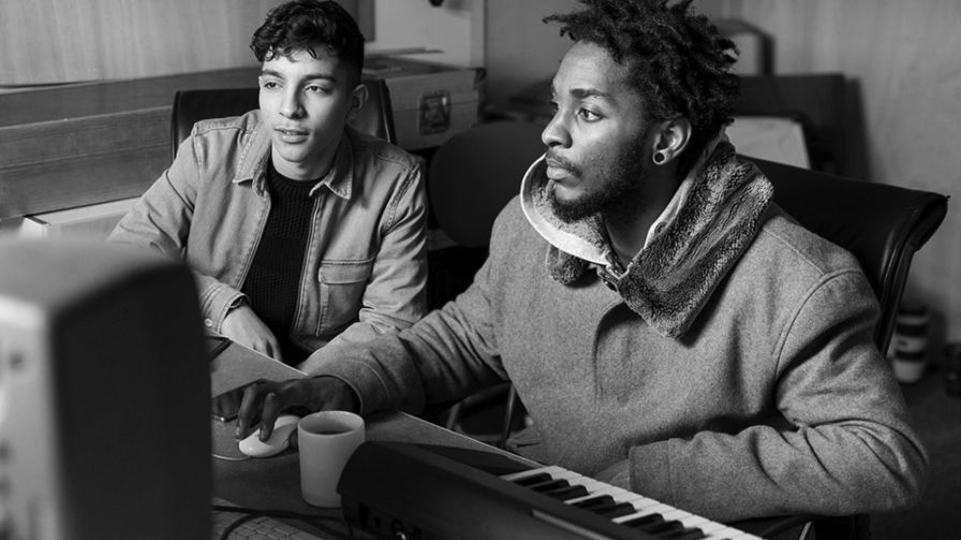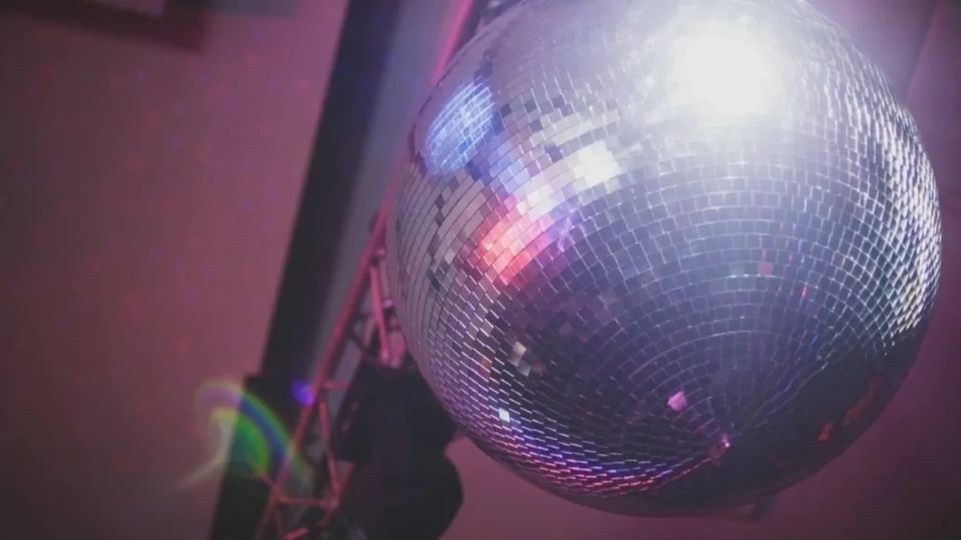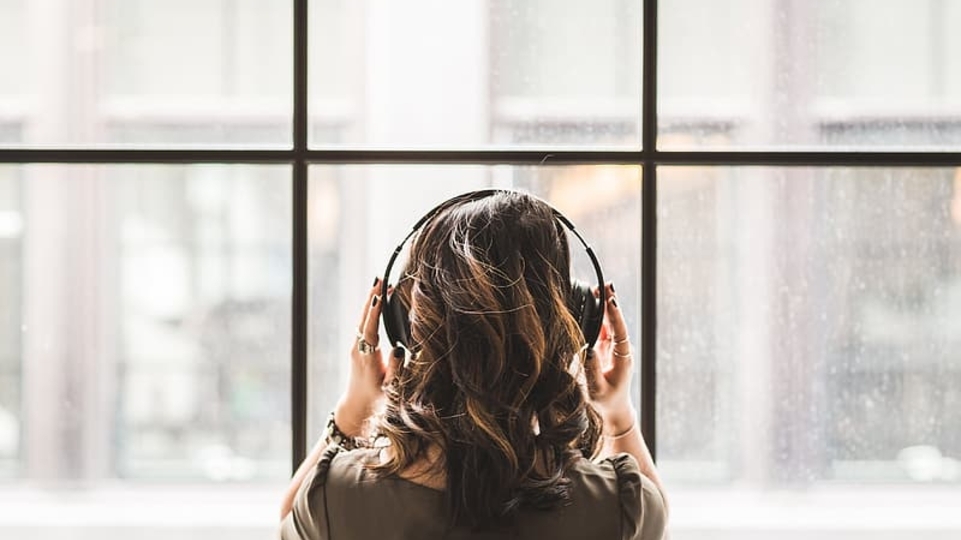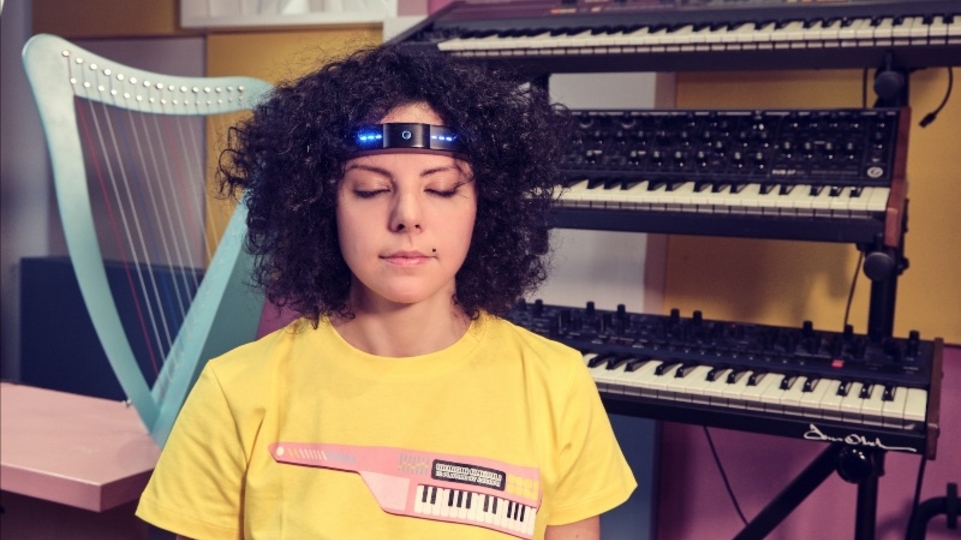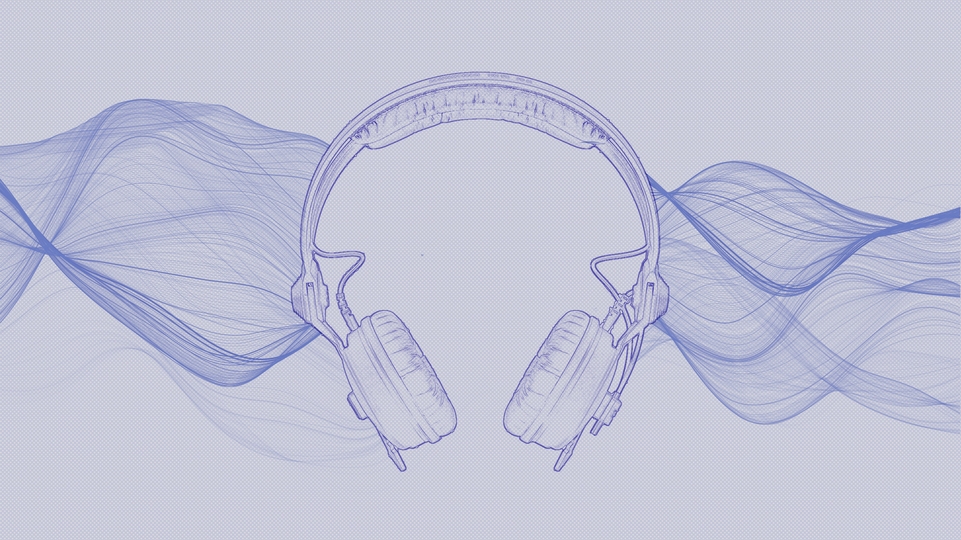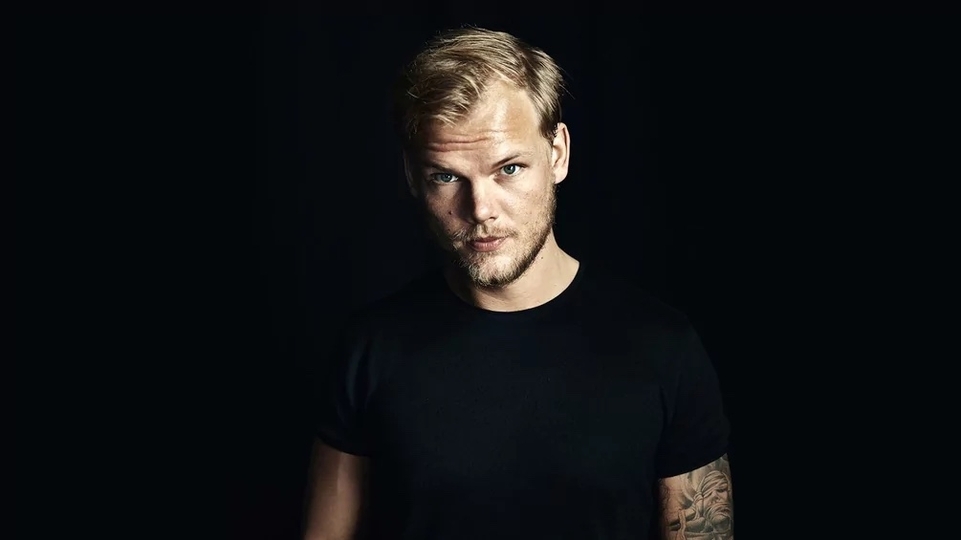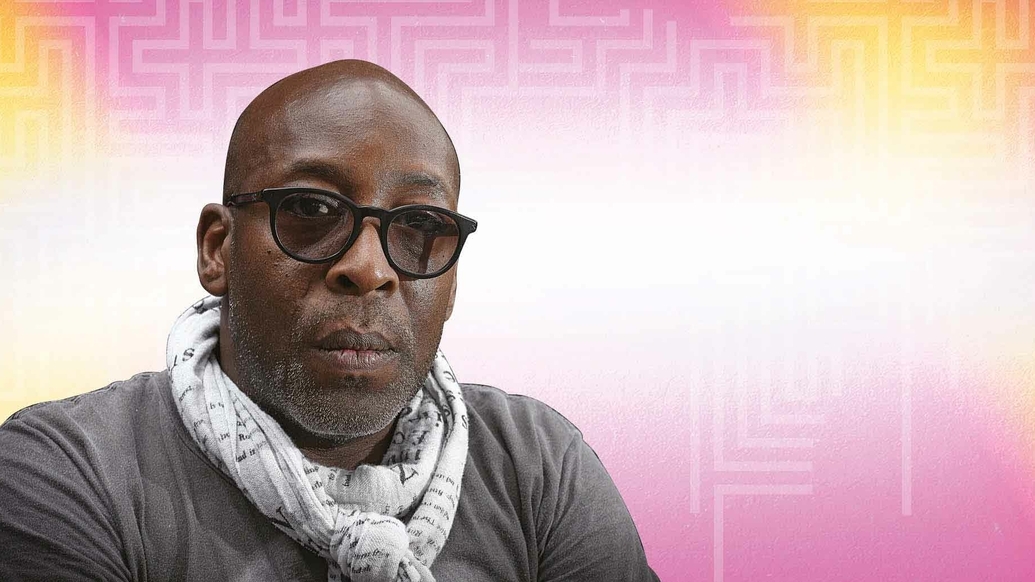
Jumpin Jack Frost is breaking the stigma around mental health
Jumpin Jack Frost is one of the foundation pioneers of drum & bass, and still as active as a DJ in the scene as he was way back when. His label V Recordings, which he’s run with Bryan Gee for over 25 years, is one of the most important in the game. In his recent book Big Bad & Heavy he spoke openly about his depression and anxiety, and this has kick-started a personal journey that’s led to him becoming a mentor and talking at assorted panels and workshops about mental health
What’s made you decide to start speaking out about mental health in the music industry?
“It wasn’t something I meant to do, it started when I was doing my book. When I was doing my autobiography (Big Bad & Heavy) I was working with a brilliant writer called Andrew Woods, who was really good at extracting information out of me — about myself. I didn’t originally plan to speak about my depression and my anxiety, but as I became more comfortable with the process of writing the book it all came out. “From there, I got literally hundreds of messages from people telling me, ‘The best thing about the book is your honesty’. A lot of people told me it really helped them get over their issues, to live with their anxiety and stuff — they said things like ‘If someone like you suffers from it...’ Some people might think my life is perfect cos I’m a DJ or whatever, but it’s far from perfect. I’ve suffered heavily with anxiety and depression — mostly anxiety.”
Anxiety just before gigs, or more general?
“General. I was in rehab nearly 20 years ago, and a little bit after that I started getting anxious and stuff like that. It was really scary at first, but it’s something that I’ve learned to live with. And after I opened up about it in my book and people started to ask me about it and thank me for my honesty, I started to speak to a lot of people online — people would send me messages — and people who’d read the book asked me to get involved in other stuff, speaking about it, and it went from there really.”
It’s important for people to talk about this stuff, isn’t it?
“100%. If you talk about it, you find you’re not alone out there. A lot of people think that their mental health situation might be isolating, or they don’t feel comfortable talking about it because there’s stigmas attached to it. I was really uncomfortable about sharing things in my book originally, even before the book came out I was quite anxious about how talking about my depression and anxiety would be received — I was nervous about how people would see me. But the reaction was really good, a lot of people said they took a lot of strength from my honesty, which made it all worth it.”
Why was it seen as a weakness to talk about such things back in the day?
“We grew up in Britain — stiff upper lip, everyone just gets on with it, y’know? It was looked at as a weakness, whereas if you speak about it you’re strong — it’s a strength, not a weakness. I certainly didn’t look at it as a strength originally, and when I spoke about it in my book I was terrified about how it would be received. I felt uncomfortable about doing it when I was initially sharing stuff with my ghostwriter, but as the process went along I felt, ‘This is the right thing to do’. I was anxious about how it would be received, but it turned out to be the right thing to do.”
In your book you say that you used to get depressed a lot, but didn’t really realise what it was or that you could get help...
“Yeah, I was depressed and I didn’t know it, I had no idea what it was, I just thought I was feeling a bit down — but really I was depressed. I was making a lot of money, I had what seemed like a good life, but I was desperately unhappy — and I didn’t even know why, I had no reason to be. But I was.”
How did you go about getting help?
“The first help I got was when I was in rehab and I spoke about how I was feeling. Probably the reason that I started doing drugs was because I was so down. I felt really worthless. I was a highly celebrated DJ, a record label owner and yet I didn’t feel like I was worth anything. You start taking drugs, it gives you a false sense of security, and the next thing you know you’re in a right hole.
“So I was in rehab, and as part of the treatment you have to talk to psychologists and have assessments. I think I started to learn about how to open up then, and for a while from there I just kinda put it on the back-burner. Then, round about the time I was doing the book, I started talking to a counsellor as well. The book opened up a lot of old feelings, cos I was being so honest — it was like re-living a lot of stuff. Speaking to a counsellor helped me, and then when I started getting messages from people thanking me for my honesty in the book, that became part of my therapy as well. Helping other people through my words helped me as well.”
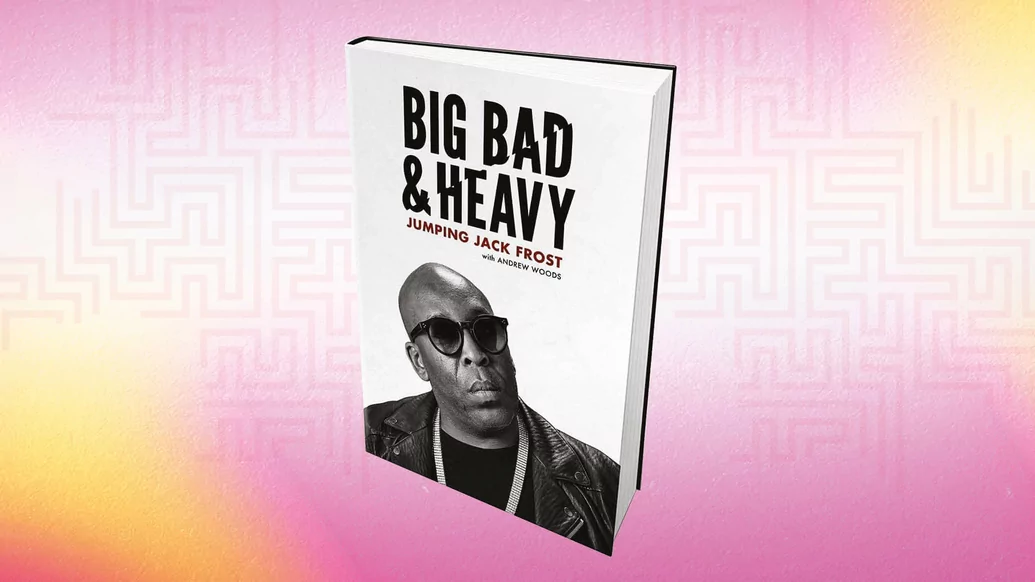

You put stuff on your Twitter and Facebook now, don’t you...
“Yeah, I don’t see myself as an advocate, it’s just stuff I feel or something I might see and think I want to share. To reach out to people who I think it can help. I was in Ibiza the other day and someone came up to me to say, ‘I love your tweets, they’ve really helped me’. Things like that make me feel good, that it’s worth it.” People who knew you in the ‘90s would never have expected that you got depressed or anxious sometimes...
“No, not at all, people would never have thought that. But I did, and it’s real — it can happen to anybody. If a car isn’t working properly, you gotta take it to the mechanic to be fixed. The same with the mind — if it’s not working properly, you need to look for help, and there are professional people out there who can help you with your depression and anxiety and mental health in many ways. When you don’t speak out or speak to people, if you try to live with it on your own without seeking help, you’re denying yourself a really good life.
There are people out there willing and qualified to help you.”
When you were bang into the drugs, were you trying to suppress emotions?
“Yeah, I was trying to suppress a lot — things that happened to me when I was younger. Unfortunately, things that happen to you when you’re younger can come to the fore when you’re older. I was definitely trying to suppress stuff.”
Your crack days must’ve been quite a dark time, then...
“Yeah, definitely, man. I look back and I think, ‘What the FUCK?!’ You know what I’m saying? What the fuck was I doing? But it was something that I went through, and I went to rehab and sorted it all out. I look back now and I just think, ‘Wow’.”
Does it feel like you’re almost a different person these days?
“Yeah, I feel like a completely different person. I still try to work on myself every day.”
One of your recent tweets said something like, ‘Admitting you have mental health issues doesn’t make you any less of a man...’
“No, not at all. It’s the old stigma — us men don’t talk about things like that, we men grin and bear it and get on with it. But us men are only human beings, and we need to talk about it — for our children, for our families. If we’re not right, our children are not gonna be right. Our relationships with our partners are not gonna be right. We have to be right. Us men have to stop thinking that we can’t talk to people, or that it makes you less of a man to talk about it. I think it makes you more of a man.”
It’s not always easy though, is it?
“No it’s not easy at all, but it’s something that we have to do. Otherwise you’re just going backwards and you might take yourself down when it’s unnecessary. You don’t have to suffer in silence. If you talk about it, find people you can talk to — someone that you know, your GP, they can refer you — it will help you. It really will.
“You don’t know what’s behind that smile. You can look at someone and say, ‘Hi, how are you?’ ‘Yeah, I’m ok’, and they’ve got a smile on their face. You don’t know if behind those eyes, they’re living in hell. If you only knew.”
You did those gigs for mental health charities in honour of Keith Flint, didn’t you?
“Yeah, I did, it broke my heart and I could really relate to it, so I was more than happy to be involved. I know all the boys from the band [The Prodigy] from back in the day, hadn’t seen them for a number of years. They’re all really lovely guys.”
What would you say to young people in the music scene who might get depressed or anxious sometimes but try to cover it up or not talk to anyone about it?
“My advice to any young people out there who are feeling anxious or depressed is ‘Don’t ever feel that you’re alone’. There are always people to talk to. If you know me, you can come and talk to me at any time. You can message me and I’ll be more than willing to help you — I can help point you in the right directions. Speak to your GP. You can talk to people you work with, you’ve got charities out there. There are many people out there who can help you right now. You’re never alone. Being a man is being able to go out there and share your feelings.”
